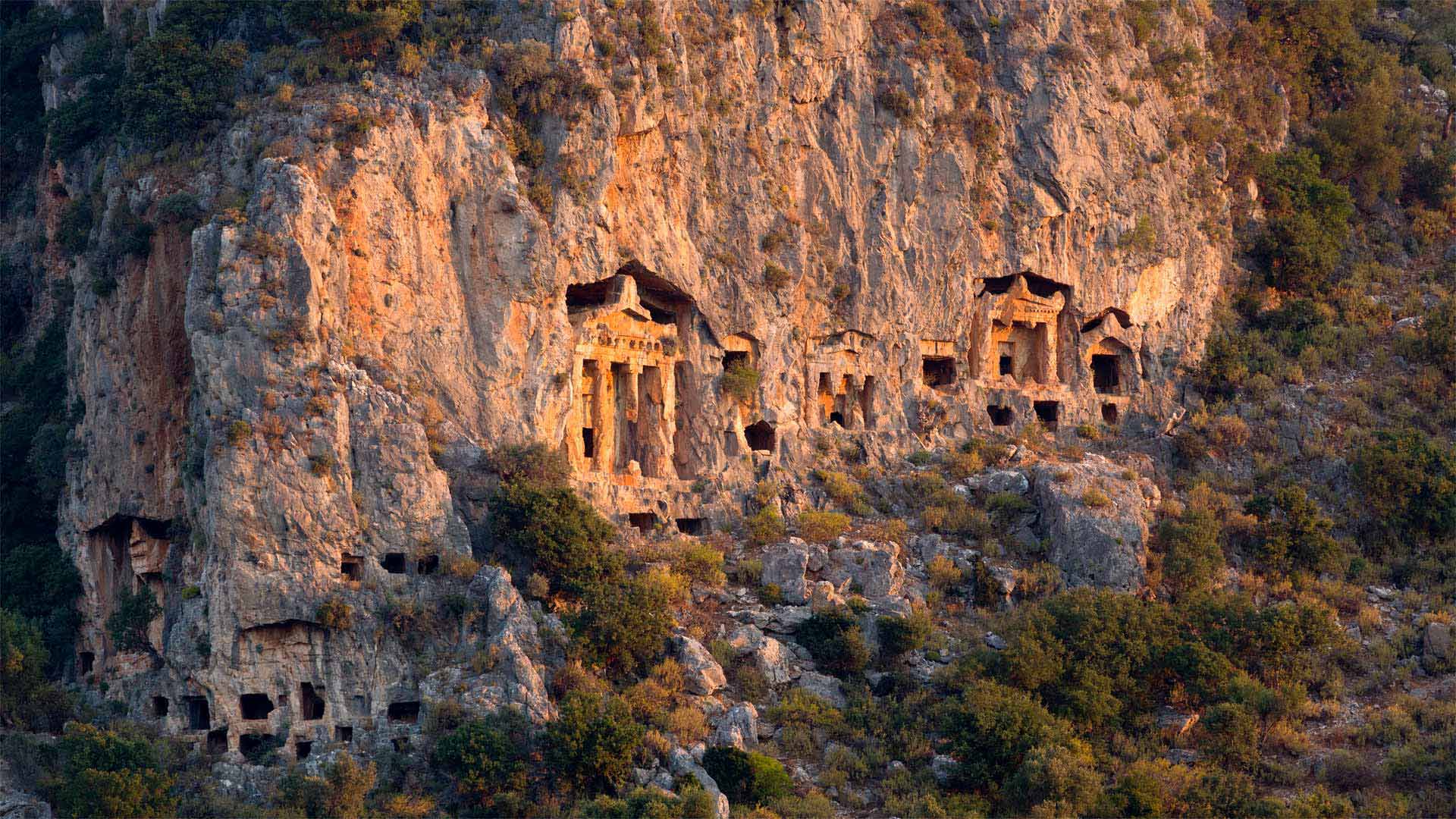Controversy Surrounds Proposed Incinerator in Bosnia and Herzegovina
In recent years, Bosnia and Herzegovina has seen a surge in industrial development and economic growth. However, this growth has also brought with it a host of environmental concerns, chief among them being the proposed construction of a waste incinerator in the city of Zenica. The incinerator, if built, would be the first of its kind in the country and has sparked a fierce debate among the local population.
Supporters of the incinerator argue that it is a necessary step in addressing the country’s growing waste management problem. They argue that the incinerator will help to reduce the amount of waste that is sent to landfills, which are currently overflowing and contributing to pollution and environmental degradation. Proponents also claim that the incinerator will generate much-needed energy for the city, helping to reduce the country’s reliance on fossil fuels and imported energy sources.
However, opponents of the incinerator have raised a number of concerns about its potential impact on the environment and public health. They argue that incineration produces harmful emissions, including dioxins and furans, which can have serious health effects on nearby residents. Additionally, opponents are worried about the potential for toxic ash and other byproducts to contaminate the surrounding soil and water.
The proposed location of the incinerator has also drawn criticism, as it is situated close to residential areas and the local hospital. Many residents are concerned about the potential impact on their quality of life and well-being, as well as the potential for increased rates of respiratory illnesses and other health problems.
The controversy surrounding the proposed incinerator has sparked protests and activism among the local population, with many residents calling for more sustainable and environmentally friendly solutions to the country’s waste management problems. The issue has also garnered attention from international environmental organizations, who have expressed concerns about the potential environmental and public health impacts of the incinerator.
In response to the controversy, the government has appointed a special commission to study the potential impacts of the incinerator and to engage with stakeholders to address their concerns. However, the commission has faced criticism from some quarters for its lack of transparency and perceived bias in favor of the incinerator project.
As the debate over the proposed incinerator continues, it has become clear that this issue is one of great importance to the people of Bosnia and Herzegovina. The outcome of this controversy will have far-reaching implications for the country’s environmental future and the health and well-being of its citizens.
FAQs
Q: What is the purpose of the proposed incinerator in Bosnia and Herzegovina?
A: The purpose of the proposed incinerator is to address the country’s growing waste management problem, reduce the amount of waste sent to landfills, and generate energy for the city.
Q: What are the concerns of the opponents of the incinerator?
A: Opponents of the incinerator are concerned about the potential environmental and public health impacts of the facility, including harmful emissions, toxic ash, and the proximity to residential areas and the local hospital.
Q: What is the government doing to address the controversy surrounding the proposed incinerator?
A: The government has appointed a special commission to study the potential impacts of the incinerator and engage with stakeholders to address their concerns.
Q: What are some alternative solutions to the waste management problem in Bosnia and Herzegovina?
A: Some alternative solutions to the waste management problem include increased recycling and composting efforts, as well as the development of more sustainable waste management infrastructure.
Q: What can concerned citizens do to get involved in the debate over the proposed incinerator?
A: Concerned citizens can get involved in the debate over the proposed incinerator by contacting their local representatives, participating in protests and activism, and staying informed about the issue through local news sources and environmental organizations.








